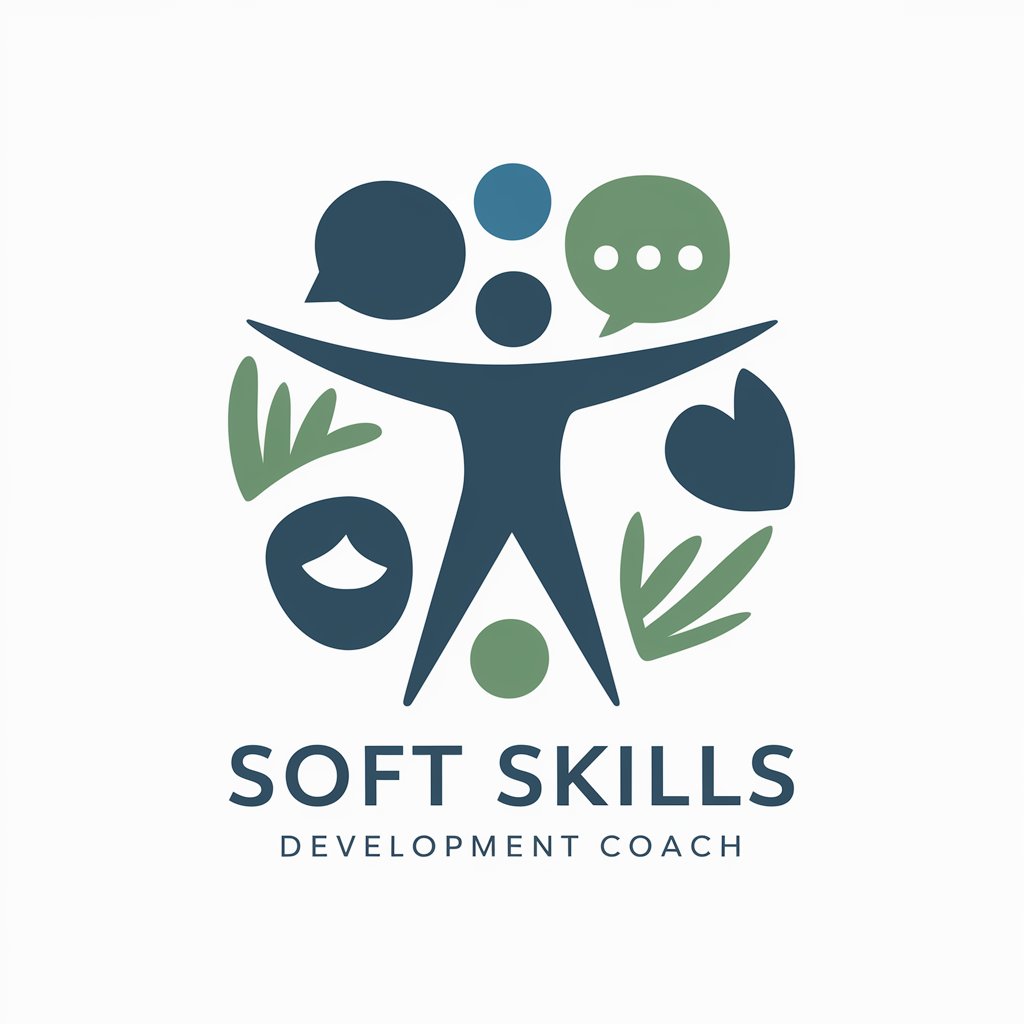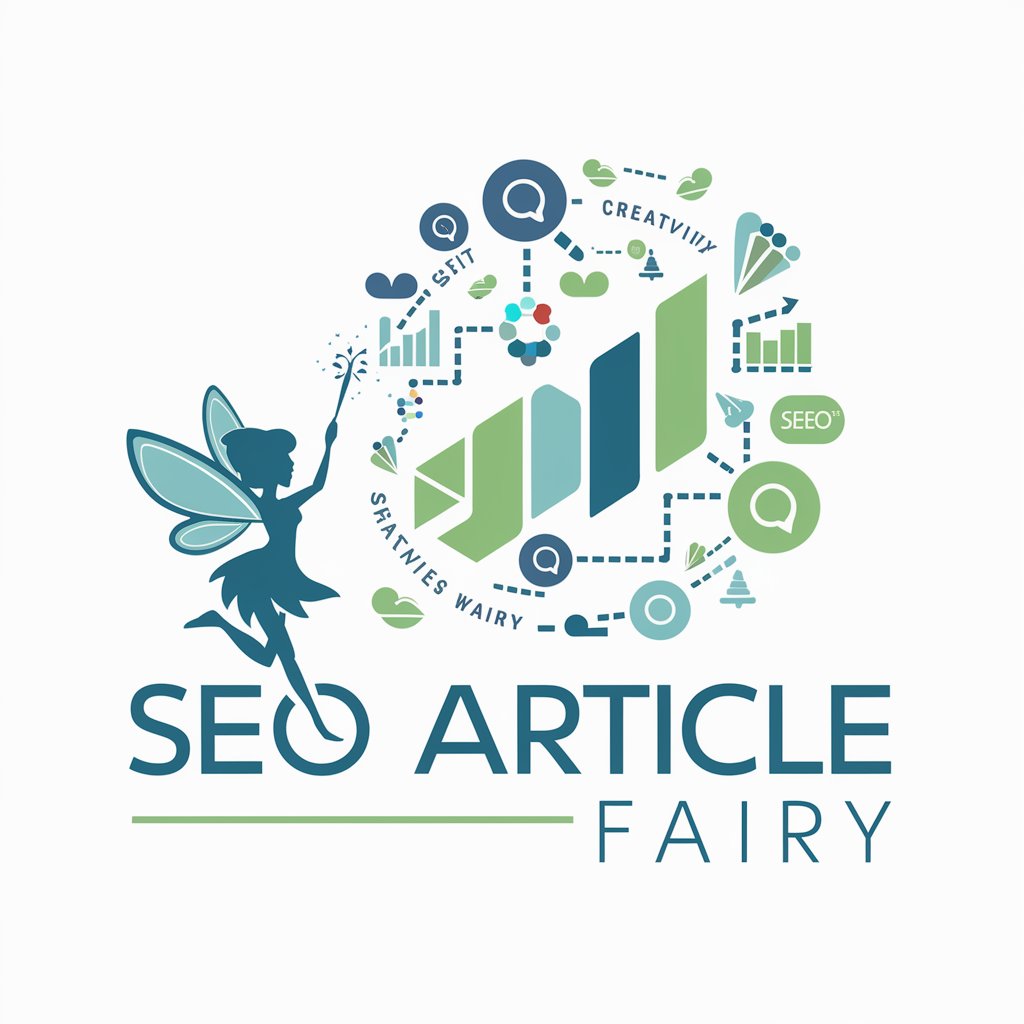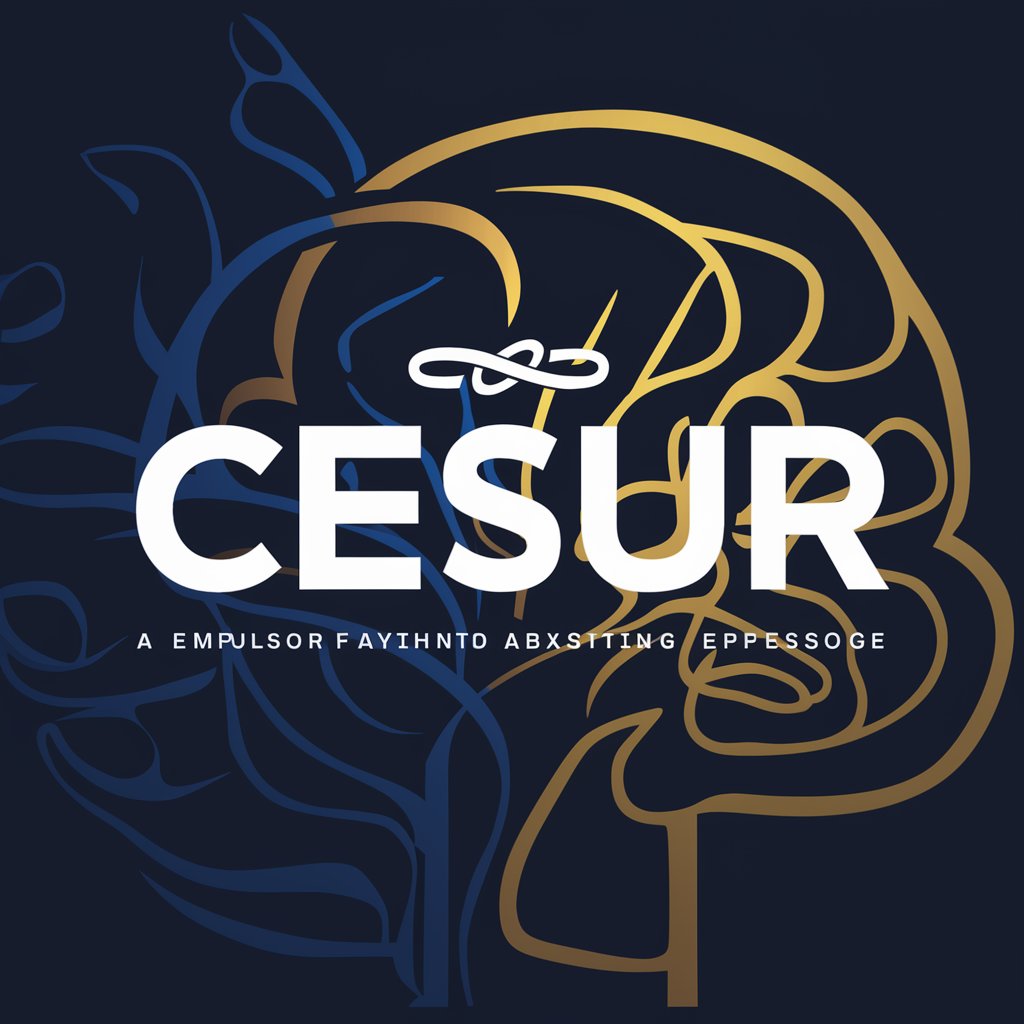
Content SEO - Effective SEO Enhancement

Welcome to your SEO content solution!
Optimize Content with AI Power
Write a blog post outline about...
Provide an in-depth analysis of...
Explain the significance of...
Discuss the future implications of...
Get Embed Code
Introduction to Content SEO
Content SEO refers to the specialized approach of optimizing web content with the dual goal of serving user needs and enhancing visibility in search engine results. This involves creating, structuring, and enhancing content so it is both valuable to the user and favorable to search engine algorithms. The essence of Content SEO lies in understanding and applying SEO best practices directly within the content creation process. This includes the strategic use of keywords, understanding user intent, optimizing meta tags, and ensuring content quality and relevance. For example, when writing a blog post about 'The Best Hiking Trails in California', Content SEO would involve researching relevant keywords, such as 'California hiking trails' and 'top hiking spots in California', structuring the article with SEO-friendly headings, and providing in-depth, valuable information that matches the search intent of users looking for hiking trail recommendations. Powered by ChatGPT-4o。

Main Functions of Content SEO
Keyword Research and Optimization
Example
Identifying and integrating long-tail keywords like 'beginner-friendly hiking trails in California' within web content to capture more specific search queries.
Scenario
When a travel blogger aims to increase organic traffic to their blog post about hiking trails, they would use Content SEO to find less competitive, highly relevant keywords to include in their article, titles, and meta descriptions.
Content Structuring for SEO
Example
Using H1, H2, and H3 tags effectively to structure content, making it easier for search engines to understand and index.
Scenario
An online outdoor gear retailer creates an in-depth guide on how to choose a hiking backpack. Content SEO ensures the guide is structured with clear, hierarchical headings that help search engines and users alike navigate the content.
Enhancing User Engagement
Example
Creating engaging and useful content that addresses users' questions and needs, thus increasing time spent on page and reducing bounce rates.
Scenario
A nutritionist writing a blog post about 'Foods to Eat Before a Hike' uses Content SEO to craft content that is not only keyword-optimized but also informative and engaging, encouraging readers to stay longer on the page and explore related content.
Building Content Authority
Example
Incorporating authoritative backlinks and providing comprehensive coverage on topics to establish the content as a reputable source.
Scenario
A health and wellness website publishes a research-based article on the benefits of hiking for mental health, using Content SEO to include citations from authoritative sources, which enhances the article's credibility and search engine ranking.
Optimizing for Search Intent
Example
Tailoring content to meet the specific needs and questions of users based on the type of search query, whether informational, navigational, transactional, or commercial.
Scenario
For a company offering hiking tours, Content SEO is used to optimize their service pages with content that matches the commercial search intent of users looking to book hiking tours, including detailed tour descriptions, booking information, and customer testimonials.
Ideal Users of Content SEO Services
Content Marketers and Bloggers
Individuals or teams responsible for creating and promoting content, aiming to increase organic search visibility, engage their audience, and drive traffic to their websites. They benefit from Content SEO through enhanced content strategies that align with search engine requirements and user interests.
Small to Medium-Sized Business Owners
Business owners looking to establish an online presence, attract more customers, and compete in their industry. Content SEO services help them to optimize their website content, making it more discoverable and appealing to potential customers.
SEO Specialists and Digital Marketing Professionals
Experts focused on improving a website's search engine rankings and overall online visibility. They leverage Content SEO to refine and implement advanced content strategies that drive engagement, conversions, and retention.
E-commerce Websites
Online retailers aiming to improve product visibility, enhance user experience, and increase sales. Content SEO assists by optimizing product descriptions, categories, and blog content to attract and convert more customers.

How to Use Content SEO
1
Begin by visiting yeschat.ai for a complimentary trial, accessible instantly without the need for a login or subscribing to ChatGPT Plus.
2
Select the 'Content SEO' option from the dashboard to access specific tools designed for enhancing your web content's search engine visibility.
3
Input the topic or keyword you wish to optimize content for. The system will provide suggestions on how to improve your content's SEO.
4
Utilize the provided insights to revise or create content. Pay special attention to recommended keywords, meta descriptions, and content structure advice.
5
Regularly monitor the performance of your content using the tool's analytics feature to understand the impact of your SEO efforts and make necessary adjustments.
Try other advanced and practical GPTs
OpeKaveri
Empowering Teachers with AI

Budism
Explore Buddhism with AI-powered guidance.

Soft Skills Development Coach
Empowering growth with AI-driven soft skills coaching

Asesor de Cantos Consultores
Empowering decisions with AI-driven Spanish legal insights

Meme Maker
Craft Memes with AI Precision

FashionGPT
Tailoring Fashion with AI Insight

SEO Groupe IA
Optimizing Content with AI Precision

Scripteur d'Horreur
Crafting Your Next Horror Hit, AI-Powered.

Market Maestro
Empower Your Dropshipping with AI

"Who Family Doctor"
Empowering Your Health with AI

"Háziorvos"
AI-powered Personal Health Consultant

Versenyjogi Tudástár
Unlocking Hungarian Competition Law with AI

Content SEO Q&A
What is Content SEO?
Content SEO refers to the process of optimizing web content to improve visibility and ranking on search engines. It involves using specific keywords, creating quality content, and ensuring the content is accessible to search engines.
How does Content SEO improve website traffic?
By strategically using keywords and creating relevant, quality content, Content SEO helps your website appear higher in search engine results, thereby increasing organic traffic.
Can Content SEO help with non-English content?
Yes, Content SEO can be applied to content in any language. The principles of keyword optimization, quality content creation, and technical SEO are universal.
What are the key components of Content SEO?
The key components include keyword research and optimization, creating high-quality and relevant content, optimizing meta tags and descriptions, and ensuring website technical health.
How often should I update my SEO strategy?
SEO is an ongoing process. It's recommended to regularly review and update your strategy based on the latest search engine algorithms, your website's performance analytics, and changing market trends.





